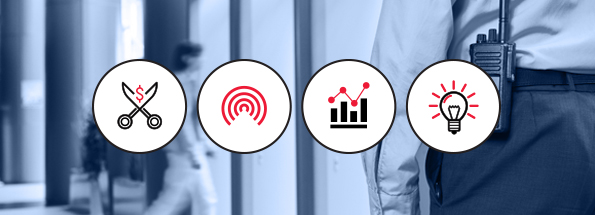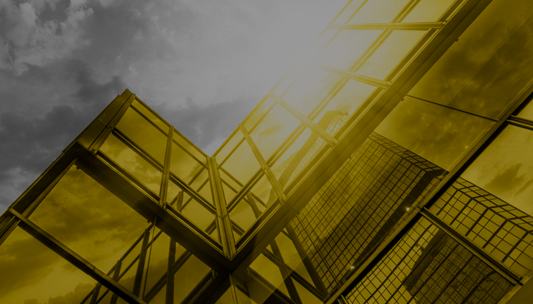No doubt, times are changing. The U.S. is in the midst of a historic presidential transition. Economic pressures and complexities continue to squeeze the purse strings of many businesses and workers. Technology evolves more quickly than we can adopt and adapt. Communication continues to speed up and diverge in myriad directions. Volatility and violence in our social fabric continues to create tension, leaving us on the edge of our seats curious about what is going to help.
One solution that is relevant across all aspects of our life today is security. Promoting ways to feel safe and secure helps everyone relax into whatever actions are needed to continue to move us in a productive direction. This applies to us as individuals, in our homes, in our businesses, cities, airports, and other dimensions of daily life. Security is an important element to promote productivity.
Healthcare security is no exception. Healthcare security today reflects the flow of what is happening in our culture at large, and is essential for the healthcare system to effectively deliver care. Below are four ways healthcare security is mirroring cultural changes, making it possible to effectively protect the important delivery of healthcare.
1. Cutting Costs
In this time of fast and furious, 24/7 access and a multitude of service delivery expectations, we all feel pressure to do more for less. Economic demands are requiring many industries to lean into efficiency while also meeting high standards in the most compressed timing ever in history. For healthcare security this pressure means making the most of resources from staff to technology and even utilizing the community as a resource. From an optimistic perspective, the stress of cutting costs is transforming the challenges of changing times into progress, productivity, and protection.
2. Integrating Technology
Technology in security takes many forms. Automatic locks, metal detectors, communication devices, electronic ID badges or bands, cameras and other audio visual systems, and so much more. Technology allows data capture/transfer to replace many functions that have historically been managed manually by a person. The possibilities that open with technology allow staff utilization to extend further than ever before, if technology gets used properly.
The great news is technology can be integrated into today’s healthcare security systems to support both the security team and the medical facility staff, ultimately serving patients. The risk is that relying on tech without monitoring and maintaining the systems can create a false sense of security, something that can be even more dangerous than no security system at all. Both are imperative.
3. Collecting and Utilizing Data
Keeping health care delivery safe and secure today means in part predicting what could go wrong. Data can clarify what risks exist and where, making it possible to put effective protective measures in motion. Data also provides an opportunity to understand trends like traffic patterns as well as measure KPIs to manage the quality of team performance.
4. Innovating What Service Looks Like
Necessity can be the inspiration behind innovation. As healthcare security teams integrate more fully into the operations of a healthcare facility, reciprocal engagement is making more sense. Whether it’s cross training staff on the security protocols or establishing new rules for entry and exit for patients and visitors, security service is looking more and more extensive including different team members, customers and even innovative functionality well beyond security guards.
To learn more about the how healthcare security is changing with the times, check out our latest whitepaper, 3 Key Components of an Effective Healthcare Security Program. We are here to support your healthcare security strategy to be as effective as possible. Contact a L&A risk management representative today.







